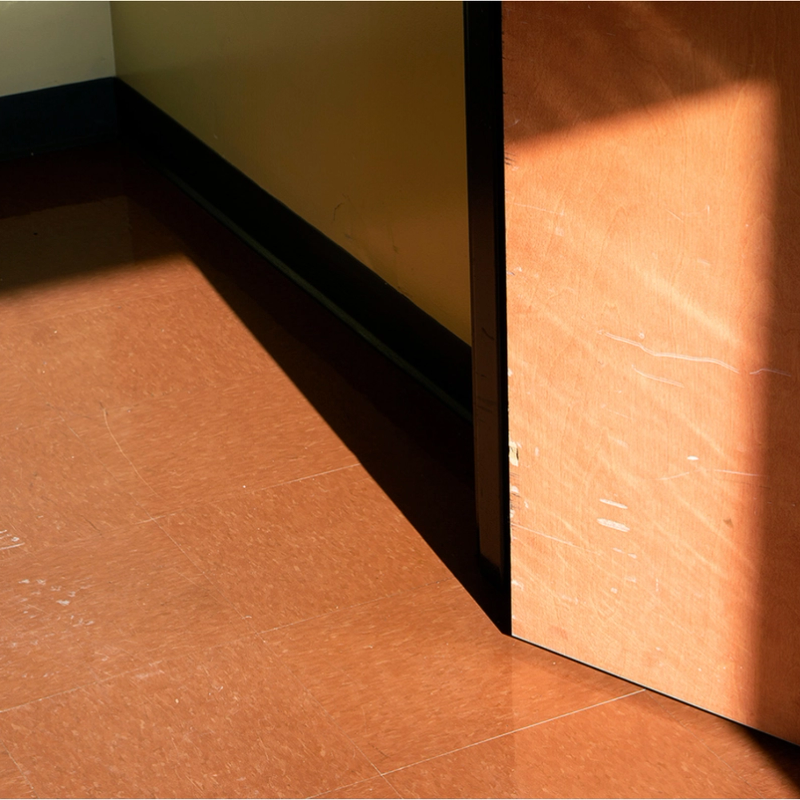[The horizon came, carrying in its hands]
by AdonisTranslated from the Arabic by Kareem James Abu-Zeid
The horizon came, carrying in its hands
a famished gull.
The shores shear off their waves
while migration’s air collects its leaves
and heads back home.
Life is metaphor,
and morning, like evening, has steam
rising from it.
The path my footsteps took to reach it
is dark, so dark.
Is light itself a veil?
I’ll drag the question there, where only delirium
dwells, so it may be worthy
of heaven’s reply.
أدونيس
وصل الأفقُ يحمل بين يديه
.نورسا جائعا
الشواطئُ تجترُّ أمواجَها
وهواءُ الترحّلِ يجمعُ أوراقَه
.ويعود الى بيته
الحياة مجازٌ
والصباح كمثلِ المساءِ بخارٌ
.يتصاعد منه
الصِّراطُ الذي سَلَكَتْه ُخُطايَ اليه
.غامضٌ غامضٌ
أتُراه الضّياءُ حجابٌ؟
سأجرُّ السؤالَ الى حيث لا شيءَ غيرُالهُذاءْ
.كي يكون جديراً بما ستُجيبُ السماءْ
